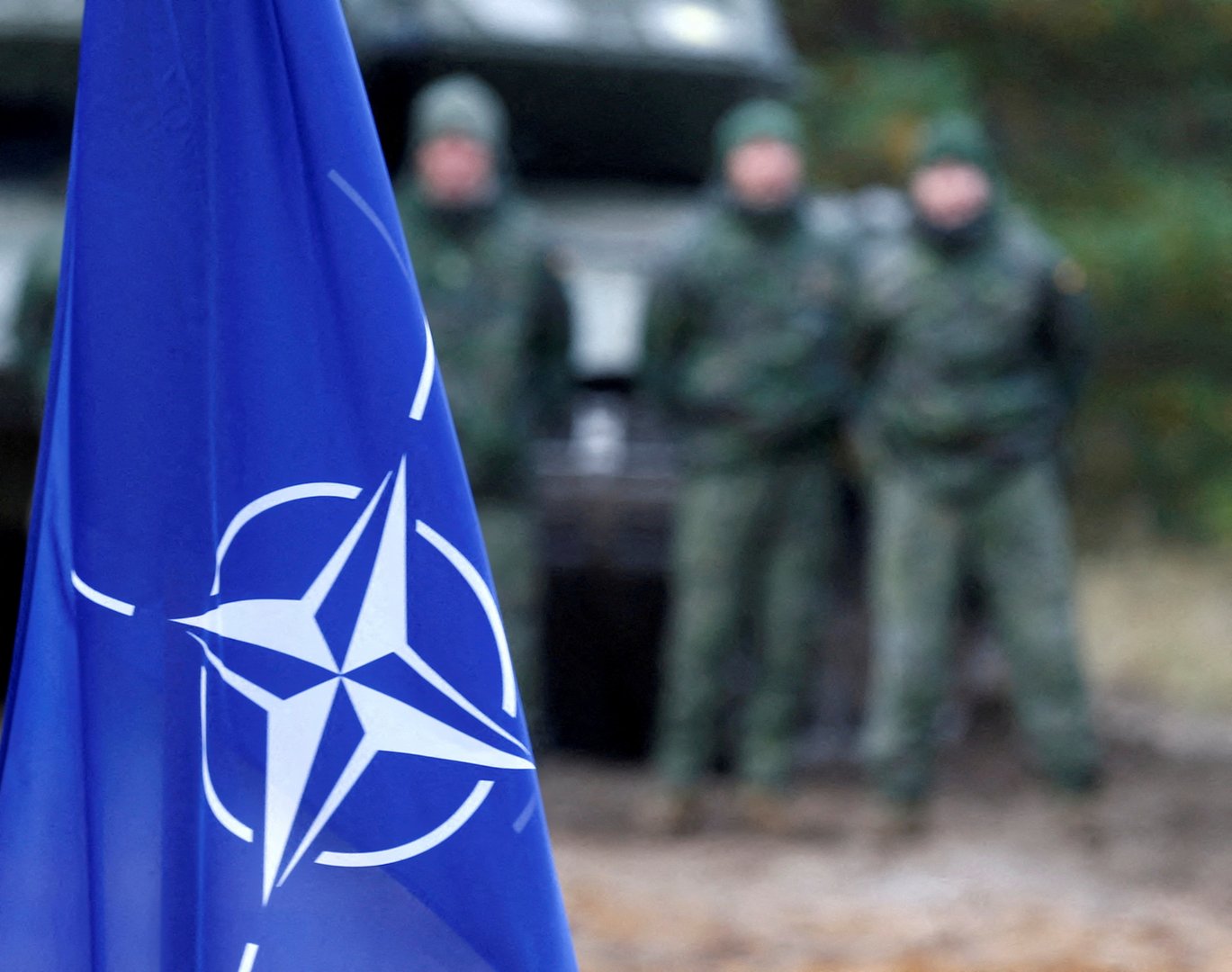In recent decades, a number of factors have contributed to a containment in defence spending, including: (a) the end of the cold war which, unlike prior conflicts, was accomplished peacefully, (b) the proliferation of weapons of mass destruction and, more recently, the propagation of cyberwarfare which magnify the negative effects of conflicts, (c) the expanded international cooperation and trade, resulting to a larger degree of interdependence among nations, and (d) the increased contribution to the global economy of technology and knowledge, both of which are not limited within geographical boundaries. In essence, global developments over the last few decades imply that full-scale clashes and armed conflicts should be viewed as non-zero-sum outcomes i.e. it is less probable that the winning country would profit at the expense of the losing country.
Unfortunately, as recent developments indicate, the positive expectations relating to an extended era of peace were premature. Russia’s ongoing invasion of Ukraine, since February 2022, and the Israeli-Palestinian conflict have demonstrated that geopolitical interests and nationalist approaches remain a source of growing and unpredictable risks. Even worse, politically motivated decisions appear to be outside the spheres of economic and social rationale.
Within the general context of the evolving geopolitical interlinkages and defence spending, the following points can be made:
Firstly, the effects of armed conflicts are negative for all parties involved, confirming the non-zero-sum principle. In Ukraine, Israel and Gaza, the war has brought economies to a standstill, driven by the climate of insecurity and the destruction of key infrastructure, which have led to plummeting employment and output, as well as inflationary pressures. Conversely, Russian GDP has been expanding, due to a combination of higher gas and oil prices, as well as the impact of the war effort on the economy. Often, the argument is made that wars are followed by periods of economic growth. Although empirically this argument appears to have been valid, the majority of analysts expect adverse long-term effects on Russia, indicatively due to the reduction of trade and commercial transactions with Western countries, the migration of valuable human resources and the exodus of foreign companies. In the case of Israel today, the depreciation of the national currency and the drop of the country’s credit rating is already leading to higher financing costs with long-term negative consequences. In terms of social implications, the war is already leading to extreme suffering for the local population, while in the long run it will contribute to intensifying of the climate of insecurity between the opposing sides.
Secondly, at present it does not seem likely that geopolitical rivalries and the efforts of large countries to expand their influence will be contained. In fact, the areas of potential conflict appear to increase, with the China-Taiwan ongoing standstill warranting special attention. As a result, many countries feel forced to increase their defence spending, causing their neighbours to follow suit. Donald Trump’s recent statements, in relation to the commitment of NATO members to spend at least 2% of their GDP on defence, reflect an increasing evolution of opinion in the US which may no longer wish, or be able to, finance its role as the global military force. Even if Donald Trump is not elected as the next President of the US, the statements of NATO’s Secretary General, whereby any suspicion that allies do not defend each other would undermine the collective safety of the organization, leaves little room for speculation.
Thirdly, turning attention to the EU, the countries that currently exceed the 2% of GDP threshold for defence spending, according to data from the European Defence Agency, are those adjacent to or close to Russia, as well as Greece (3.9%). Poland, for obvious reasons, is on a path to increase its defence spending (currently 2.2% of its GDP), and approach that of the US, which stands at 3.5%. This trend is forecast to expand and, already, a boom is being experienced in the EU and UK defence industries. In Germany, Chancellor Scholz has said the government will meet its target of 2% of GDP (up from 1.5%) and has announced a €100 billion arms package. According to a PwC survey, almost 70% of Germans support this policy change, despite the expected adverse effects on social benefits. At the same time, a number of EU countries are diverting much smaller budgets to defence. Luxembourg (currently 0.6%), Belgium (1.2%) and Spain (also at 1.2%) are examples of countries whose defence budgets are expected to be reviewed upwards.
Examining the case of Cyprus, a number of factors are not expected to allow a reduction in defence spending (1.9% of GDP in 2022, as reported by the European Defence Agency). These factors include the ongoing occupation of the northern part of the country by Turkey, a significantly bigger and militarily stronger neighbour that pursues aggressive rhetoric, as well as the island’s geographical location and proximity to a number of potential flashpoints.
In conclusion, governments are currently pursuing significant increases in defence spending due to the unstable geopolitical environment, which, simultaneously, weighs on the prospects of international trade. The timing appears to be particularly negative, due to critical issues of strategic importance that require solid involvement by the state, as well as channelling of increased resources e.g. tackling the climate crisis and promoting the green economy, managing new technologies and artificial intelligence, creating infrastructure for the health and education sectors of tomorrow. If public funds are directed towards defence purposes, due to the admittedly existing climate of instability, the consequences for future generations will be particularly adverse.
The article is republished from the blog of the Cyprus Economic Society.








Click here to change your cookie preferences